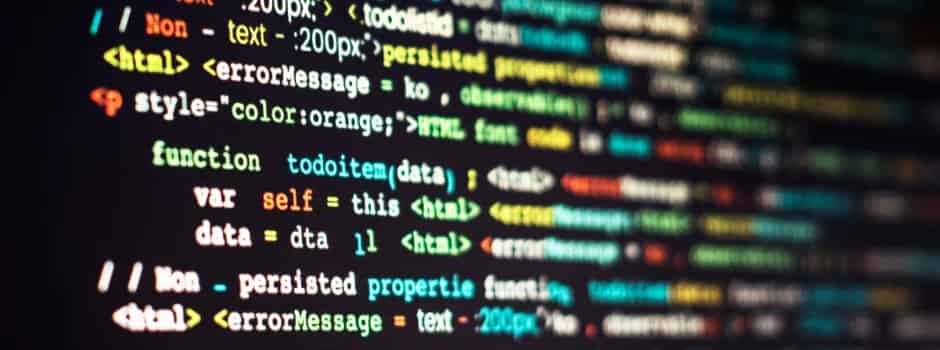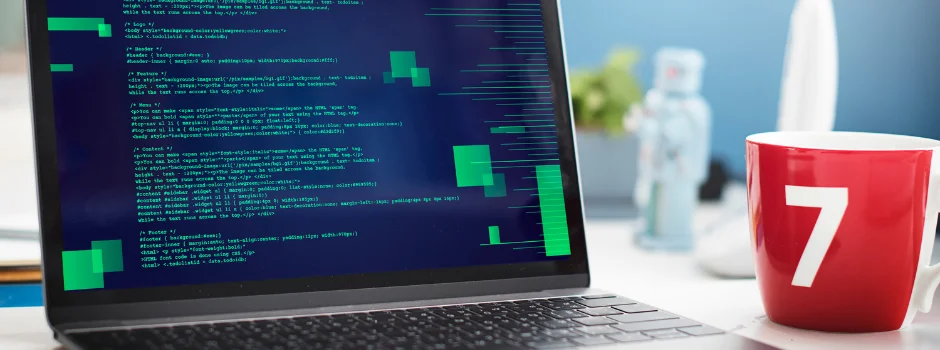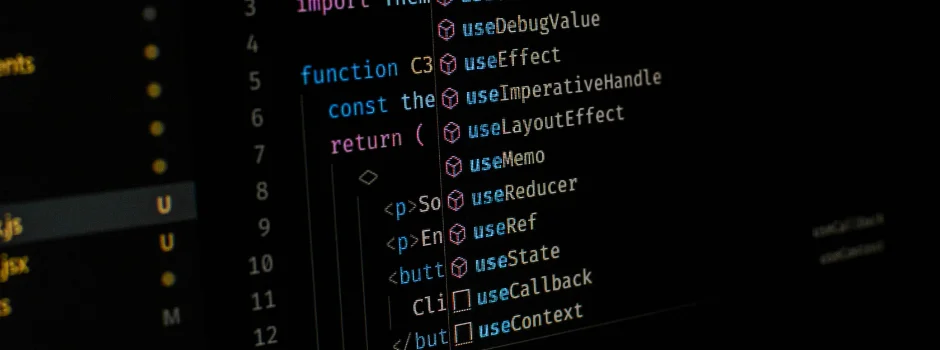
Java Clean Coding Practices 101: Write Great Code That Speaks for Itself
Sep 04, 2025 3 Min Read 1577 Views
(Last Updated)
Java clean coding practices help you write code that’s like telling a clear story to a friend, easy to follow, and frustration-free. But if it’s confusing, people get lost and frustrated.
Writing clean code in Java means making your instructions simple and neat. It helps you and others fix problems faster and build new features without stress.
In this blog, I’ll share Java clean coding practices and easy ways to write Java code that anyone can understand, even if they didn’t write it. Let’s make your code talk clearly!
Table of contents
- Use Meaningful Names: Java Clean Coding Practices #1
- Keep Methods Short & Simple
- Avoid “Magic” Numbers and Strings
- Comment Only When Needed
- Consistent Formatting
- Handle Errors Properly
- Use OOP Principles (But Don’t Overdo It)
- Write Unit Tests
- Use final for Constants and Safe Variables
- Avoid Long Parameter Lists
- Don’t Repeat Yourself (DRY)
- Use isEmpty() Instead of size() == 0
- Return Early with Guard Clauses
- Use Enums Instead of Constant Strings
- Chain Fluent Setters for Readability
- Conclusion
- Frequently Asked Questions
1. Use Meaningful Names: Java Clean Coding Practices #1
One of the key Java clean coding practices is using meaningful names.
Good names make your code easy to read. Instead of short, unclear names like int d, use names that explain what the variable or method does, like daysUntilExpiry.
This way, anyone reading your code understands it without guessing.
- Bad: int d;
- Good: int daysUntilExpiration;
Tip: Use nouns for things (like classes) and verbs for actions (like methods).
2. Keep Methods Short & Simple
Another one of the Java clean coding practices is keeping methods short and simple.
Each method should do one clear task. Avoid long methods that do many things because they confuse readers and are hard to fix later.
For example, a method called processOrder() should only handle order processing, not send emails too. Split big tasks into smaller, focused methods.
| void processOrder() {} void sendConfirmationEmail() {} |
Want to practice writing clean Java code? HCL GUVI’s Java Programming Course guides you step-by-step with hands-on projects.
Also Read: Top 130+ Core Java Interview Questions and Answers
3. Avoid “Magic” Numbers and Strings
Using numbers or text directly in code without explanation is confusing. Instead, use named constants, like MAX_RETRIES = 3, so others know what the number means.
This helps you change values easily and keeps your code clear.
| public static final int MAX_RETRIES = 3; |
4. Comment Only When Needed
Comments should explain why something is done, not what the code does, because the code itself should be clear enough to show that.
For example, instead of // increase counter by 1, write comments about why you increase the counter if it’s not obvious.
| // Retry in case of intermittent network failure |
5. Consistent Formatting
Consistent spacing, indentation, and brace styles make your code look clean and professional.
Use your IDE’s auto-format feature to keep things neat.
Following Java’s usual style rules helps your team read your code easily.
Explore: Why Java is the Perfect Starting Point For Freshers
6. Handle Errors Properly
Don’t leave error handlers empty. Always manage exceptions by logging useful messages or throwing meaningful errors so others know what went wrong and where.
This prevents hidden bugs and makes debugging faster.
| catch (IOException e) { logger.error(“Failed to read config file”, e); throw new ConfigLoadException(“File error”, e); } |
7. Use OOP Principles (But Don’t Overdo It)
Another one of the Java clean coding practices is using classes, interfaces, and composition to organize your code, but avoid making it too complex.
Keep each class focused on one job; this is called the Single Responsibility Principle.
A simple design is easier to maintain.
8. Write Unit Tests
Tests check that your code works correctly.
Writing good unit tests helps catch problems early and keeps your code reliable as you add new features.
| @Test void shouldCalculateCorrectTotal() { … } |
9. Use final for Constants and Safe Variables
Mark variables or constants that shouldn’t change with the final.
This protects them from accidental changes and makes your intentions clear.
| final String API_KEY = “xyz123”; |
Discover: Top 10 Java Programs For Freshers
10. Avoid Long Parameter Lists
If a method needs too many inputs, group them into an object or data transfer class.
This makes method calls cleaner and easier to manage.
| createUser(UserDTO user); |
11. Don’t Repeat Yourself (DRY)
If you find the same code in many places, move it into a separate method or class and reuse it.
This reduces bugs and makes updates easier.
12. Use isEmpty() Instead of size() == 0
isEmpty() tells you if a list has no elements.
It’s easier to read and less error-prone than comparing size to zero.
| if (list.isEmpty()) { … } |
13. Return Early with Guard Clauses
Check for invalid cases early and return immediately. This keeps your code less nested and more readable.
| if (user == null) return; |
14. Use Enums Instead of Constant Strings
Enums group related constants (like status codes or roles) in a safe and clean way, avoiding errors from mistyped strings.
| public enum Status { ACTIVE, INACTIVE } |
15. Chain Fluent Setters for Readability
When building objects, chain setters together to make the code cleaner and easier to follow
| user.setName(“Alice”).setEmail(“[email protected]”).setActive(true); |
Join HCL GUVI’s Java Full Stack Development Course and learn how to write clean, professional code.
Conclusion
Clean code isn’t about perfection; it’s about making your code easy to read and fix. When you follow Java clean coding practices, you save time, avoid mistakes, and help your team work better.
By using meaningful names, keeping methods simple, handling errors well, and following good habits, your code will speak for itself.
Remember, code is read many more times than it is written, so write it for the people who will read it later, including your future self.
Start practicing clean coding today, and you’ll become a better programmer and a valuable team member.
Frequently Asked Questions
1. What is clean code in Java?
Clean code in Java means writing Java programs that are easy to read, understand, and fix.
2. Why is writing clean code important?
Clean code in Java helps you avoid bugs, makes your code easier to maintain, and saves time when you or others work on it later.
3. How can I start writing clean Java code?
You can start writing clean Java code by using meaningful names, keeping methods short, handling errors properly, and following Java’s coding conventions.



































Did you enjoy this article?